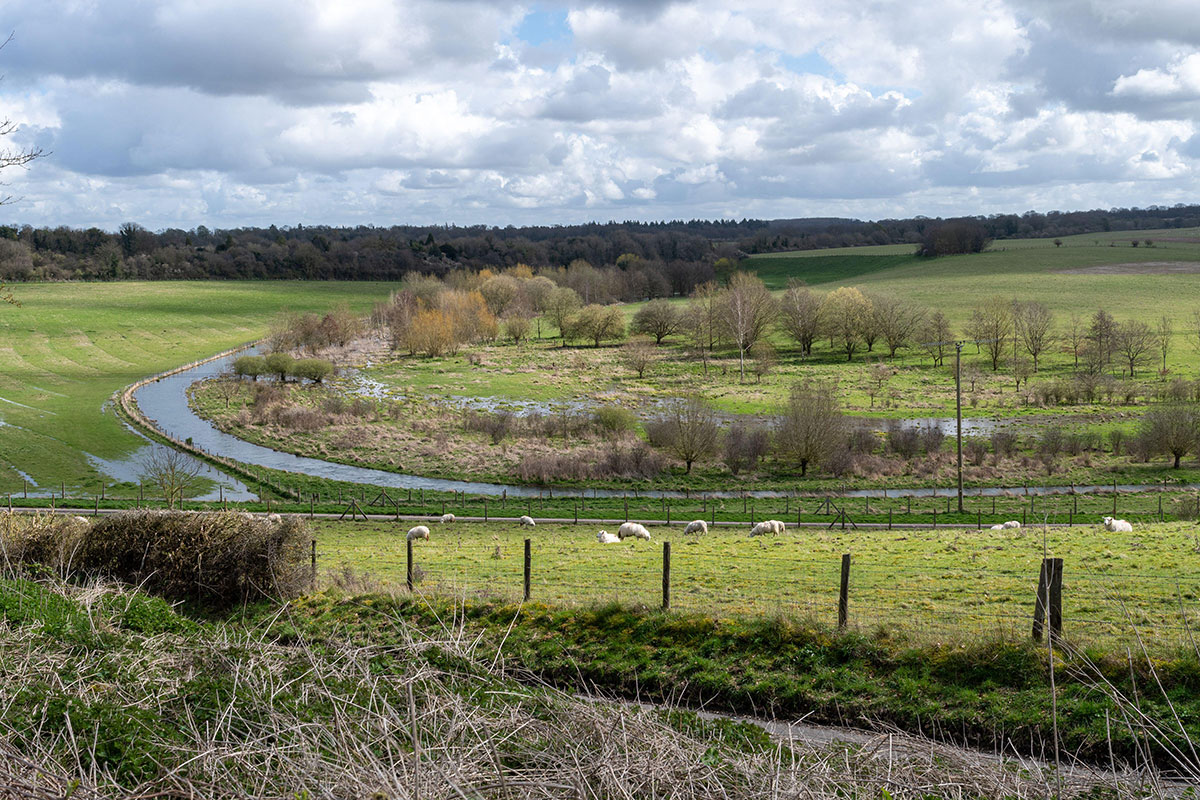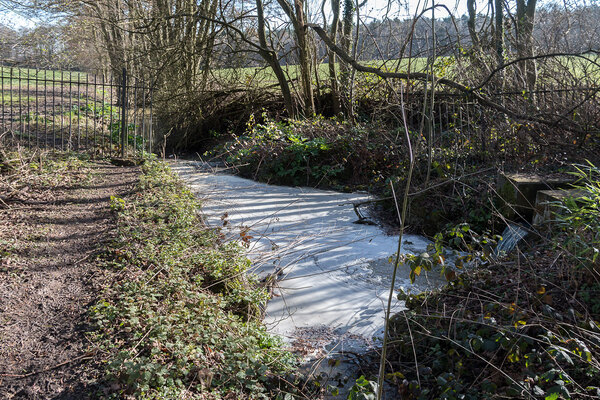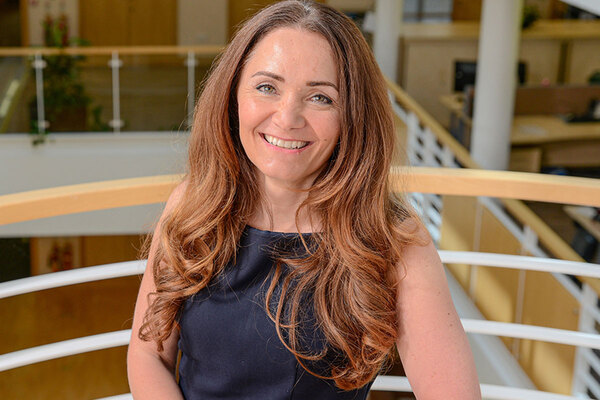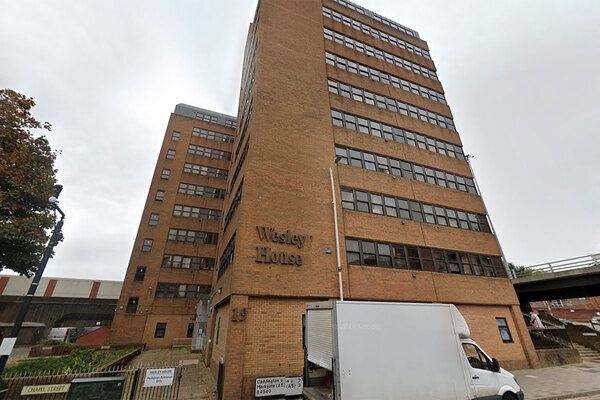You are viewing 1 of your 1 free articles
Rural landlord asks Rayner for social housing exemption from nutrient neutrality
A Wiltshire-based landlord has called on the housing secretary to make social housing exempt from nutrient neutrality rules because they are hampering development in rural areas.
In a letter to Angela Rayner, Steve Warran, chief executive of White Horse Housing Association, said the rules are “adding an extra financial burden to developments and making them unviable”.
On one scheme, he said the local council’s plan to mitigate its production of 7.5kg of phosphate is to order White Horse to pay £290,000.
Natural England has advised that any new developments in certain areas must be nutrient neutral, effectively banning new houses unless councils have offsetting schemes in place.
A total 74 planning authorities across England have paused housebuilding since May 2022 because of high levels of nitrates and phosphates in wetland areas, which are killing the invertebrates eaten by protected birds.
The rules were originally introduced under an EU directive on habitats and reinforced by a 2018 ruling by the Court of Justice of the European Union, but were expanded by Natural England to cover more areas in 2022.
However, the Labour government signalled it wanted to change the rules to unblock thousands of homes in July, which was welcomed by Natural England.
Under the government’s new approach, it is likely that developers will be able to start their housing projects and then work out how to deal with phosphate and nitrate pollution along the way.
Last year, the Conservative government wanted to scrap nutrient neutrality rules, deeming them “defective EU laws”, but the amendment was blocked by a Labour-led rebellion in the House of Lords.
White Horse has 430 homes in rural areas across Wiltshire and Somerset.
In his letter, Mr Warran referred to a six-home development in Broad Chalke for rent and shared ownership “which has taken eight years to get off the ground”.
He said: “This development fully complies with the Broad Chalke neighbourhood plan, funding is secured and planning approval has been granted.
“However, the whole project suddenly had to be halted because of Wiltshire Council’s recent nutrient neutrality policy.
“Overall, our scheme is calculated to produce 7.5kg of phosphate, which represents just a tiny fraction of this massive problem.
“The council does, however, have a plan to mitigate this problem – a plan that will demand a payment from us of over £290,000, a payment that would render the scheme totally unviable.”
Mr Warran asked Ms Rayner to meet him and other housing associations to discuss the issue and proposed that social housing projects be excluded from the regulations.
He said: “With the new government making housing such a central issue in its early days I hope this will be a cue for the rules to be relaxed to unlock much-needed housebuilding all across the country and particularly here in Wiltshire.”
Ms Rayner’s department was asked for a response to the concerns set out in the letter.
Sign up for our asset management newsletter
Already have an account? Click here to manage your newsletters











